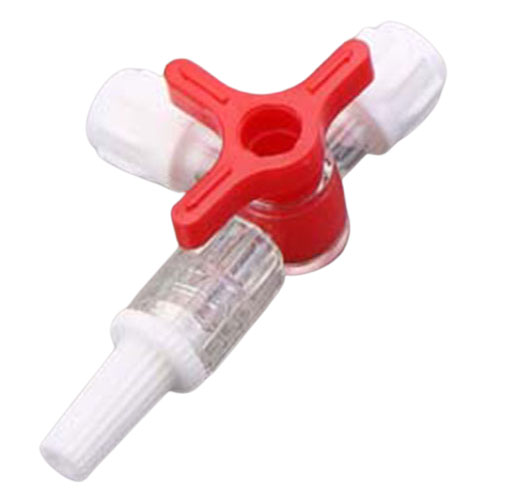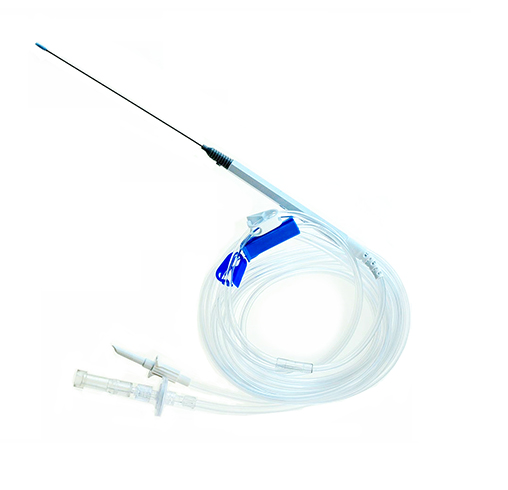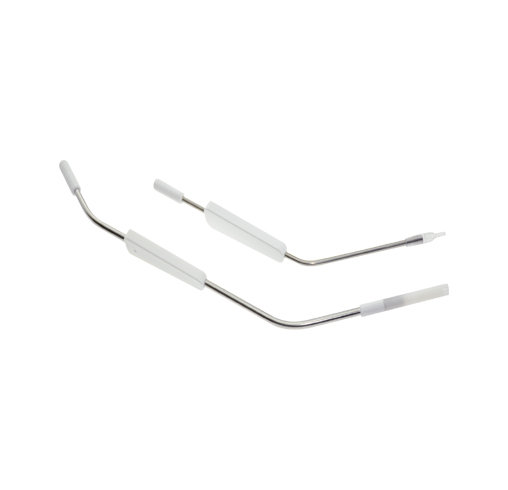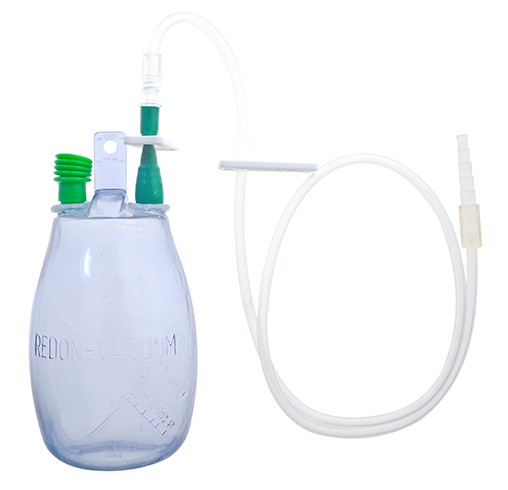- Laparoscopic & Endoscopic Products
-
Respiratory & Anesthesia
-
Oxygen Therapy
- Capnography Mask
- CO₂ Nasal Oxygen Cannula
- Elastic Head Strap Cannula
- Oxygen Mask with Swivel Connector
- Multi-vent Mask
- Non-rebreathing Mask
- Oxygen Mask with Adjustable Nose Clip
- Venturi Mask
- Nebulizer Mask
- Nebulizer with Mouth Piece
- Nebulizer Mask with Swivel Connector
- Tracheostomy Mask
- Nasal Oxygen Cannula
-
Airway Management
- Oropharyngeal Airway
- Nasopharyngeal Airway
- Laryngeal Mask Airway
- Tracheostomy Tube
- Endotracheal Tube
- Endotracheal Tube Introducer
- Intubating Stylet
- One-way Valve Mouthpiece
- Mucus Control Vacuum Valve
- Mucus Specimen Trap
- Mucus Extractor
- Mucus Extractor with Protective Sheath
- Disposable Aspirating Tube
- Anesthesia
- Closed / Open Suction Catheter
- Pressure Infuser
- ABC Mouthpiece and Filter Kit
- MDI Spacer
- Disposable Ezscope™ Pro Broncho
- Nose Clip
-
Oxygen Therapy
- Cardiothoracic Surgery
- Gynaecology
-
Urology
- CathVantage™ Portable Hydrophilic Intermittent Catheter
-
Cysto/Bladder Irrigation Set
- M-easy Bladder Irrigation Set
- B-cylind Bladder Irrigation Set
- S-tur Bladder Irrigation Set
- S-uni Bladder Irrigation Set
- B-uro Bladder Irrigation Set
- Premi Bladder Irrigation Set
- J-pump Bladder Irrigation Set
- J-tur Bladder Irrigation Set
- H-pump Bladder Irrigation Set
- Sup-flow Bladder Irrigation Set
- Maple Irrigation Set
- Peony Irrigation Set
- Nelaton Catheter
- Urinary Drainage Bag
- Urinary Drainage Leg Bag
- Enema Kits
- Sitz Bath Kits
- Click Seal Specimen Container
- Silicone Male Catheter
- Spigot Catheter and Adaptor
- Sandalwood Irrigation Set
- Freesia Irrigation Set
- Daffodil Irrigation Set
- Enteral Feeding Products
- Dental
- Fluid Management
- Warming Unit and Warming Blanket
-
Operating Room Necessities
- Pulsed Lavage System
- Magnetic Drape
- Suction Handle
-
General Surgery
- Perfusion Atomizer System
- Gastric Sump Tube
- Surgical Hand Immobilizer
- Administration Set for Blood
- Ear/Ulcer Syringe
- Bulb Irrigation Syringe
- Toomey Irrigation Syringe
- Mixing Cannula
- Basin Liner/Basin Drape
- Camera Handle Cover
- Light Handle Cover
- Medical Brush
- Sponge Stick
- Suture Retriever
- Needle Counter
- Disposable Calibration Tube
- Heparin Cap
- 100ML Bulb Irrigation Syringe
- Scleral Marker
- Surgical Light Handle
- Mucosal Atomization Device
- Durable Medical Equipment
- Patient Handling System
- Personal Protective Equipment
- PVC-FREE Medical Device
- Emergency
-
GCMEDICA Dispositifs médicaux jetablesJul 26 , 2024
-
GCMEDICA Dispositivos médicos desechables en EuropaJul 26 , 2024
-
GCMEDICA Disposable Medical Devices In EuropeJul 26 , 2024
-
GCMEDICA Disposable Medical Devices In North AmericaJul 26 , 2024
-
GCMEDICA Dispositifs médicaux jetables en EuropeJul 26 , 2024
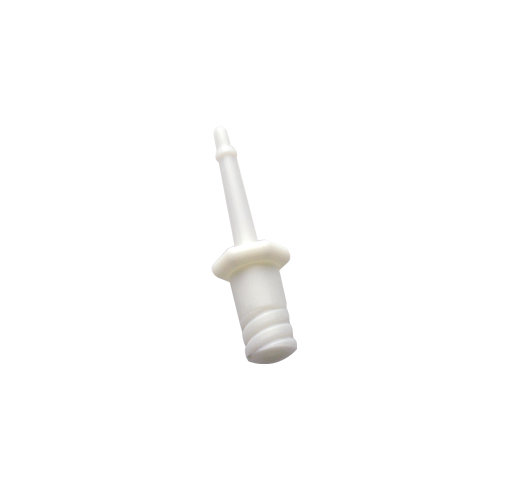
Vein Cannula
A Vein Cannula is a medical device designed for intravenous administration of medications, fluid infusions, blood sampling, and pressure monitoring. It is inserted through the skin into the vascular system, providing healthcare professionals with a stable and controllable access pathway for various treatments and diagnostics. The design and material selection of vein cannulas are crucial for ensuring patient safety and comfort.
Features of Vein Cannula
Opaque structure
ID 1.5mm blunt tip
Rigid
Specification of Vein Cannula
| No. | Product code | Description |
| 01 | GC191003 | White color, standard female connector |
Materials
Vein cannulas are usually made from materials with high biocompatibility to minimize adverse reactions in the body, common materials include:
Polyurethane: Offers good biocompatibility and flexibility, suitable for long-term implantation.
Silicone: Soft, minimizing vascular trauma, suitable for sensitive patients.
Polytetrafluoroethylene (PTFE): Chemically stable but relatively rigid, often used for short-term catheters.
Precautions
Aseptic Technique: Insertion and maintenance of vein cannulas must adhere strictly to aseptic principles to prevent infection.
Regular Replacement: Cannulas should be replaced regularly based on the type and usage, to lower the risk of infection.
Monitoring Complications: Regular monitoring for potential complications, such as local infection, thrombosis, and catheter-related bloodstream infections (CRBSI).
Professional Training: Operators should receive professional training to ensure correct selection of cannula types, insertion techniques, and maintenance.
Conclusion
Vein cannulas are a vital medical device widely used in clinical treatment and care. Selecting the appropriate type of cannula, strictly following aseptic procedures, and regular maintenance can effectively improve treatment outcomes and reduce the risk of complications. With the advancement of medical technology, new materials and designs in vein cannulas will further enhance patient safety and comfort.

